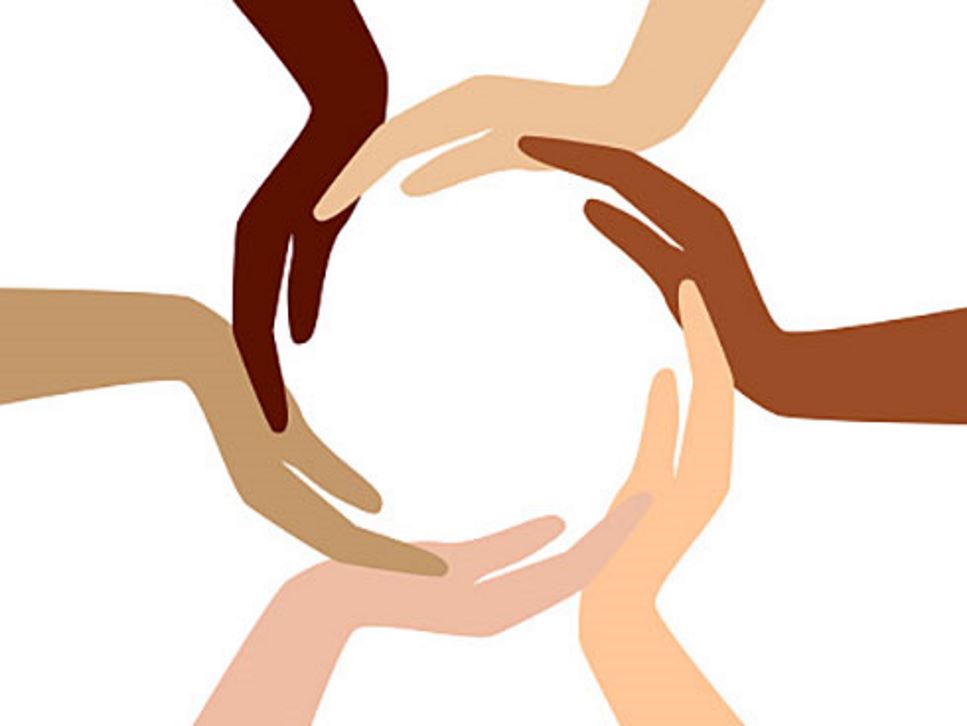Student Member Price: $10.00
The national landscape of police brutality and the impact of COVID-19 on communities of color have shed a spotlight on inequities in our nation, including in the dietetics field. This session aims to elevate the consciousness of dietetics professionals via attendees examining their privilege using an innovative tool and sharing their reactions in the chat box. Attendees will recognize their social privilege and experiences that influence food options and practices and how they affect nutrition care and training. The session will also highlight the broader social and structural factors that influence diet, dietetics education, and practice. Finally, it will explore how these factors contribute to disparities in diet-related outcomes by race or ethnicity. The panel will emphasize the influence of social determinants on dietary choice and discuss the role RDNs can play to administer socially appropriate care and address racial/ethnic diet-related health disparities.
Planned with the National Organization of Blacks in Dietetics and Nutrition (NOBIDAN) Member Interest Group
CPE Level: Level 2 (intermediate knowledge/experience)
CPEU: 1.0
Performance Indicators
- 1.7.3 Develops awareness of one's own personal beliefs and values to inform and reduce biases
- 1.7.1 Recognizes and respects cultural and racial diverse backgrounds to effectively interact and build meaningful relationships
with others (e.g., clients, employees, inter- and intra-professional team members and community and professional groups).
- 4.2.2 Reflects on own values, beliefs and biases
Learning Objectives
- Identify and reflect on one's own privilege and its relationship to dietetics and nutrition practice in order to provide more socially and culturally humble care.
- Describe how various forms of racism (e.g., internalized, interpersonal, institutional and structural) interact with the social factors that influence dietary behavior choices and impact dietetics practice and health disparities.
- List the ways that one's educational background, socioeconomic status, neighborhood and built environment, interactions in the health care system, and social and community context contribute to health disparities.
Speakers
- Yvonne D. Greer
- Angela Odoms Young
- Kate G. Burt

